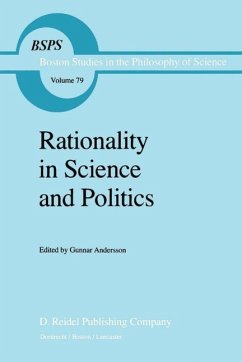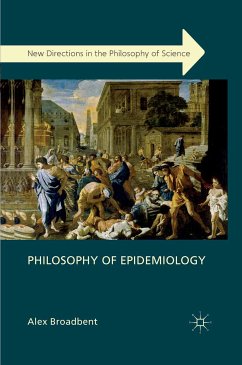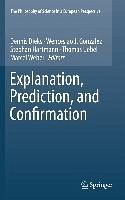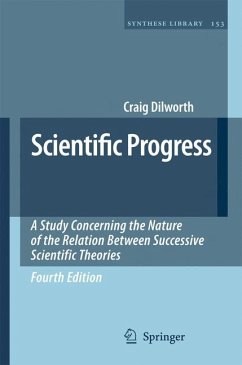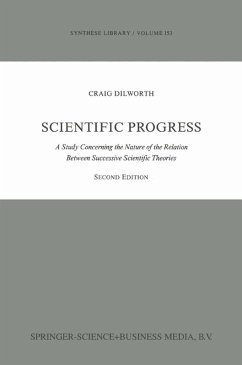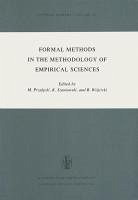
The Philosophy of Disease (eBook, PDF)
Versandkostenfrei!
Sofort per Download lieferbar
40,95 €
inkl. MwSt.
Weitere Ausgaben:

PAYBACK Punkte
20 °P sammeln!
Disease is everywhere. Everyone experiences disease, everyone knows somebody who is, or has been diseased, and disease-related stories hit the headlines on a regular basis. Many important issues in the philosophy of disease, however, have received remarkably little attention from philosophical thinkers. This book examines a number of important debates in the philosophy of medicine, including 'what is disease?', and the roles and viability of concepts of causation, in clinical medicine and epidemiology. Where much of the existing literature targets conceptual analyses of health and disease, thi...
Disease is everywhere. Everyone experiences disease, everyone knows somebody who is, or has been diseased, and disease-related stories hit the headlines on a regular basis. Many important issues in the philosophy of disease, however, have received remarkably little attention from philosophical thinkers.
This book examines a number of important debates in the philosophy of medicine, including 'what is disease?', and the roles and viability of concepts of causation, in clinical medicine and epidemiology. Where much of the existing literature targets conceptual analyses of health and disease, this book provides the reader with an insight into these debates, and develops plausible alternative accounts. The author explores a range of related subjects, discussing a host of interesting philosophical questions within clinical medicine, pathology and epidemiology. In the second part of the book, the author examines the concepts of causation employed by clinicians and pathologists,how one should classify diseases, and whether the epidemiologist's models for inferring the causes of disease are all they're cracked up to be.
This book examines a number of important debates in the philosophy of medicine, including 'what is disease?', and the roles and viability of concepts of causation, in clinical medicine and epidemiology. Where much of the existing literature targets conceptual analyses of health and disease, this book provides the reader with an insight into these debates, and develops plausible alternative accounts. The author explores a range of related subjects, discussing a host of interesting philosophical questions within clinical medicine, pathology and epidemiology. In the second part of the book, the author examines the concepts of causation employed by clinicians and pathologists,how one should classify diseases, and whether the epidemiologist's models for inferring the causes of disease are all they're cracked up to be.
Dieser Download kann aus rechtlichen Gründen nur mit Rechnungsadresse in A, B, BG, CY, CZ, D, DK, EW, E, FIN, F, GR, HR, H, IRL, I, LT, L, LR, M, NL, PL, P, R, S, SLO, SK ausgeliefert werden.



